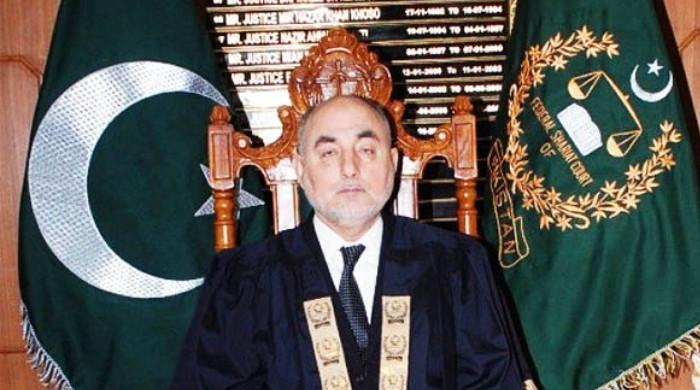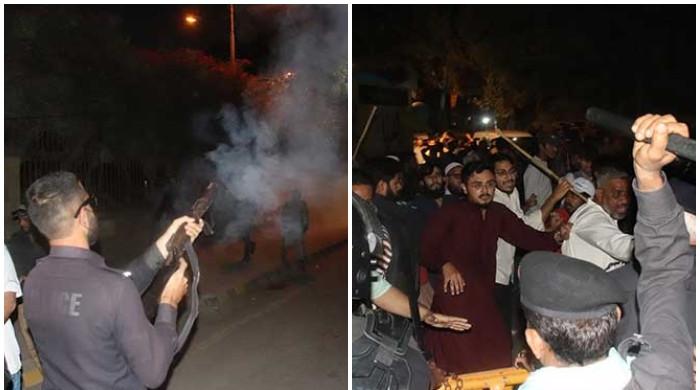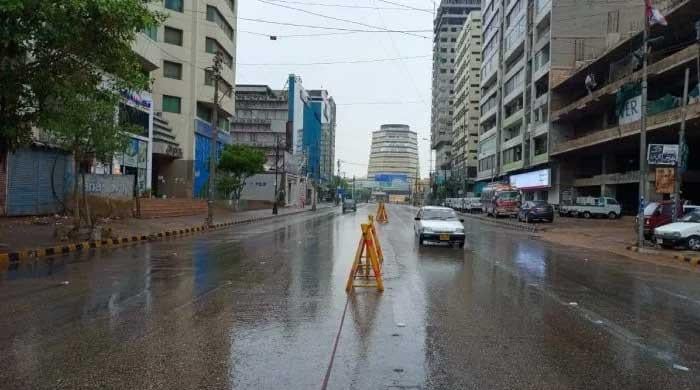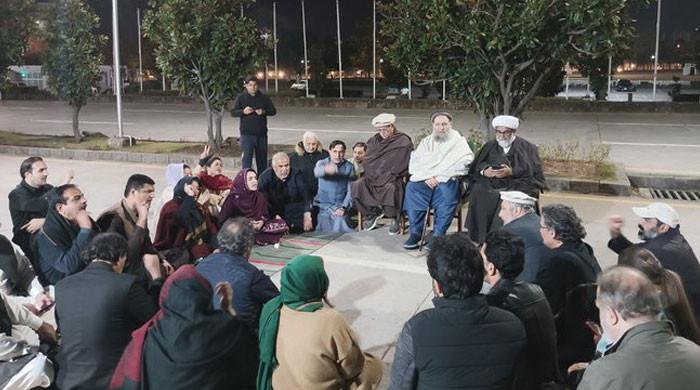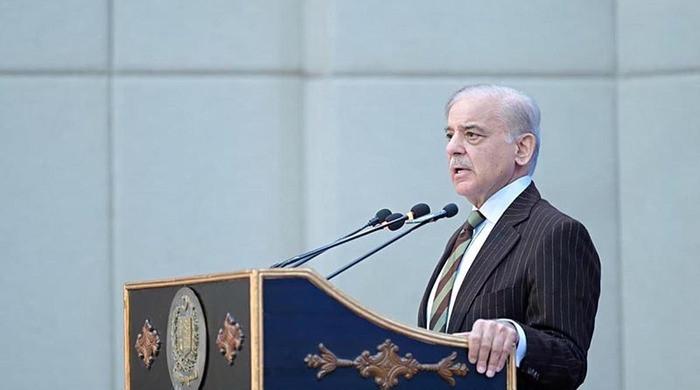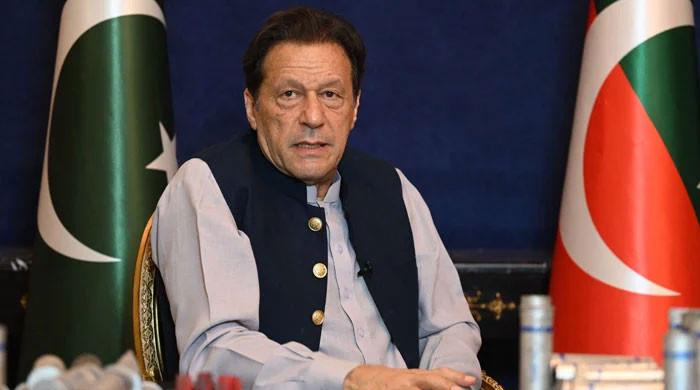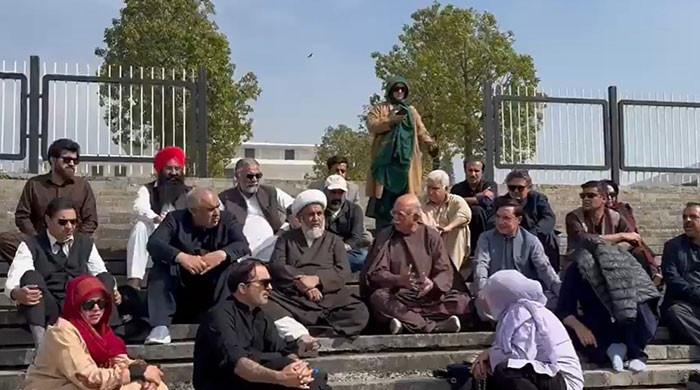Pakistan Drives Out 600,000 Afghan Refugees: HRW Report
The UNHCR is complicit in Pakistan's illegal repatriation push of Afghan refugees, say the report
February 13, 2017
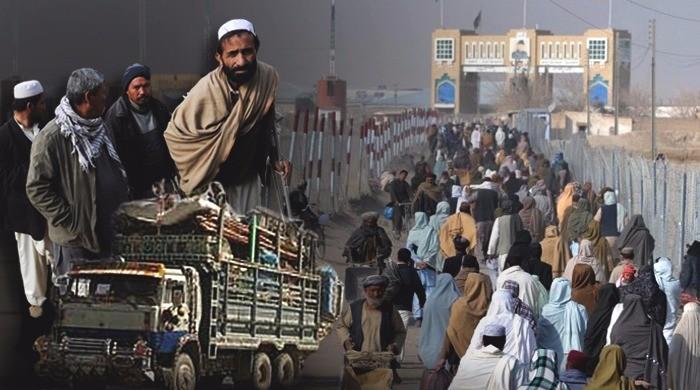
Since July 2016, Pakistan has pushed out almost 600,000 Afghan refugees, reveals a report by the New York-based Human Rights Watch, making it the “world’s largest unlawful mass forced return of refugees in recent years.”
In the 76-page report, titled 'Pakistan Coercion, UN Complicity: The Mass Forced Return of Afghan Refugees,' over a 100 refugees describe how police abuses, extortion, arbitrary detention and deportation threats intensified in the second half of last year, forcing whole communities to return to Afghanistan. In other instances, their children were either driven out of educational institutes or authorities shut down schools in refugee camps, it adds.
“After decades of hosting Afghan refugees, Pakistan in mid-2016 unleashed the world’s largest recent anti-refugee crackdowns to coerce their mass return,” said Gerry Simpson, senior refugee researcher at Human Rights Watch and the author of the report.
An estimated 1.5 million Afghan refugees are registered in Pakistan today. Another 1 million are undocumented. Many refugees have spent most of their lives in the country, after fleeing the political turmoil and Soviet invasion of Afghanistan in the 1980s. But in the past two years Pakistan has turned on the community, states the report.
Officials in Pakistan consider Afghans a security threat. Its 20-point National Action Plan, launched in 2014, calls for a comprehensive policy to deal with the issue of the Afghan refugees.
The uprooted families, men and women, are being sent back to an unstable country where the militant insurgency has gained strength. Pakistan is a signatory of the United Nation’s Convention against Torture and Other Cruel, Inhuman or Degrading Treatment or Punishment, which binds it to not return anyone to states where they would be in danger of such treatment, it adds.
Human Rights Watch holds the U.N. refugee agency equally responsible for failing to publicly condemn the crackdown, and instead doubling the cash grant to $400. “UNHCR is operating in a tough political environment and fears angering the Pakistani government,” reads the report, “but it’s crossed a read line by caving in to Pakistani pressure to incentivise Afghan refugees to leave, making it complicit in Pakistan’s unlawful mass forced refugee return.”
This month, the Pakistan government extended a deadline for Afghan refugees to leave the country until the end of 2017. But the HRW asserts that such short-term deadline won’t help. Instead it urges Pakistan to end police abuses and deportation threats and extend the residency permits until at least March 31, 2019.




